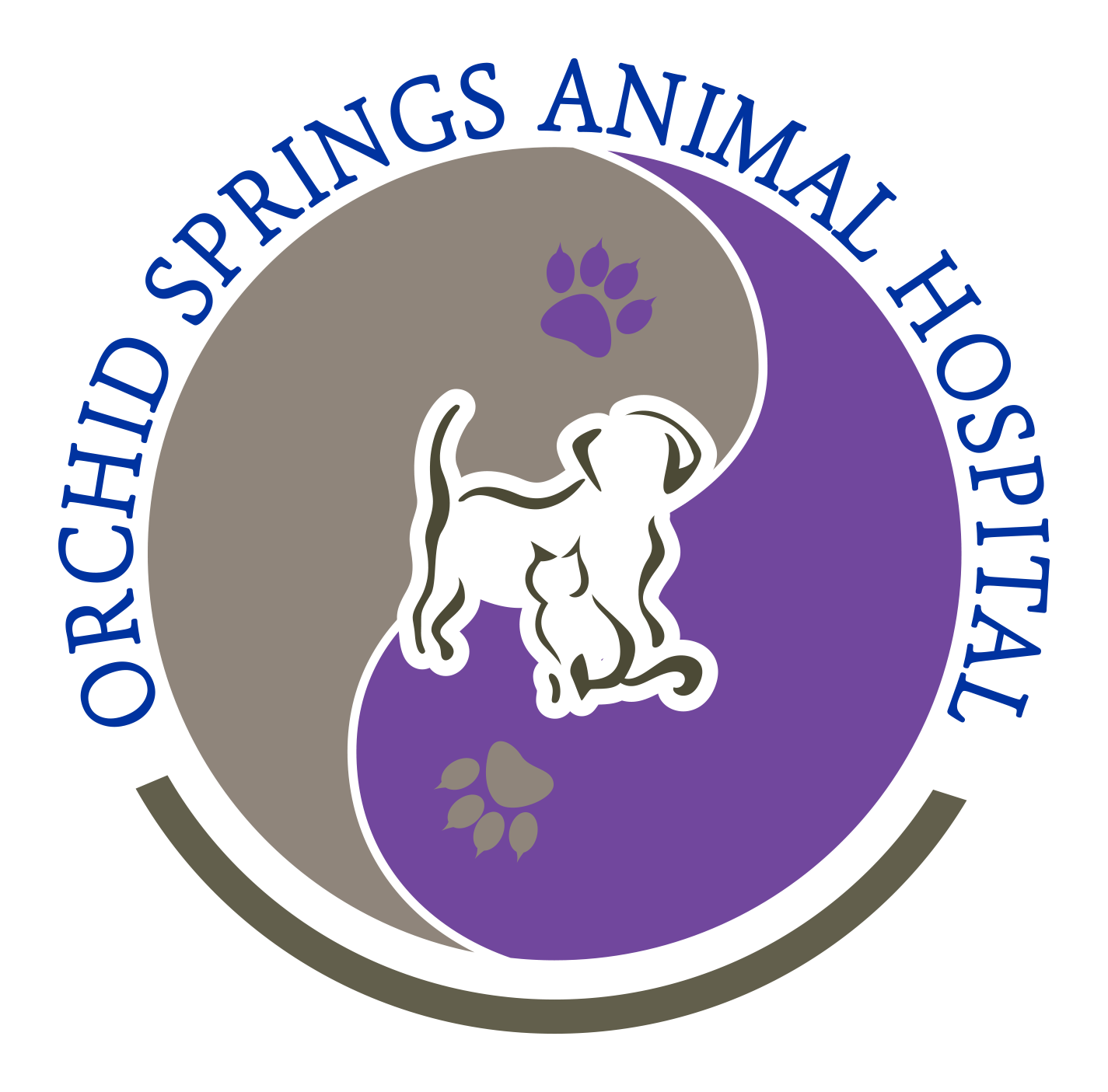Why choose a Cat Friendly Practice?
The Cat Friendly Practice® program is a global initiative designed to elevate care for cats by reducing stress and making visits easier for cats and caregivers. Awarded by the American Association of Feline Practitioners, the veterinary practice must meet specific criteria in order to become a Cat Friendly Practice®. These Cat Friendly Practices® take extra steps to provide the best care and experience for you and your cat.
You can expect your Cat Friendly Practice® to:
- Understand the unique needs and behaviors of cats.
- Have a feline-friendly environment and make veterinary visits more cat-friendly.
- Understand how to approach and handle cats in a gentle, empathetic, and caring manner.
- Have the appropriate equipment and facilities needed to diagnose and treat feline patients.
- Meet specific standards for the facility and care of hospitalized cats.
The Cat Friendly Practice® program is designed to:
- Help reduce stress associated with veterinary visits.
- Improve the quality of care provided.
- Support the veterinary team so that the entire staff is educated and knowledgeable about your cats’ distinct needs and behaviors.
Orchid Springs Animal Hospital is also against cat declawing.
The Top 10 Reasons to Choose a Cat Friendly Practice:
- Feline-Friendly Handling – Team members use Feline Friendly Handling Guidelines and Nursing Guidelines which ensures your cat is handled gently and respectfully. They are trained to identify subtle signs of sickness and pain in cats. Physical exams are performed in a manner and location where they are least stressful to your cat (floor, bench, bottom of carrier, table, or veterinarian’s lap).
- Veterinary Practice Premises & Waiting Area – All Cat Friendly Practices® are designed to help reduce the stress of visiting the veterinary office. They may have a cat-only waiting area or alternate way to separate cats from other animals, and are free of excessive noise. Cat Friendly Practices® know your cat’s senses are on high alert and seeing, hearing, or smelling other animals can produce anxiety.
- Client Communications – Cat Friendly Practices® have feline specific educational materials readily available for their clients. They also educate their clients on important feline issues like behavior, nutrition, environmental enrichment in the home, zoonotic diseases, parasite prevention, and normal scratching behaviors.
- Feline Preventive Healthcare by Life Stages – Cat Friendly Practices® recommend annual check-ups for all cats or twice a year for senior cats or those with chronic conditions. All examinations must include a pain, nutrition, and behavior assessment. All recommendations are individualized to each cat based on life stage, lifestyle, and health concerns. Vaccinations are given based upon the AAFP Feline Vaccine Advisory Panel Guidelines.
- Focus on Education and Training – All staff who work with cats must meet a minimum requirement of continuing education including hours specifically in feline medicine and surgery.
- Comfortable and Thoughtful Hospitalization – Team members are alert to signs of feline stress that may occur when cats are hospitalized. The emotional status of each cat is considered when developing all treatment plans. Cats are offered “safe havens” or hiding places where they can retreat and relax. Clients are encouraged to bring in a blanket or other item that smells like “home” to help keep their cat calm.
- Dentistry – Cat Friendly Practices® know that good dental health is crucial to the overall wellness of cats. So they offer dentistry and dental radiographs or can refer you to a Cat Friendly Practice® that offers these services.
- Emphasis on Pain Management – Cat Friendly Practices® follow Pain Management Guidelines to ensure your cat’s pain level is carefully monitored before and after procedures. This is especially important if he has a painful condition like degenerative joint disease, also known as arthritis.
- Equipment and Operating Room – There is a dedicated operating room with feline-sized equipment, as well as equipment used for monitoring, anesthesia, and radiography. These items help the veterinary team perform procedures and surgeries with the highest level of feline care.
- Laboratory – All Cat Friendly Practices® have basic laboratory equipment so they can run important tests through blood and urine collection on-site.
What's Next
Call us or schedule an appointment online.
Meet with a doctor for an initial exam.
Put a plan together for your pet.

